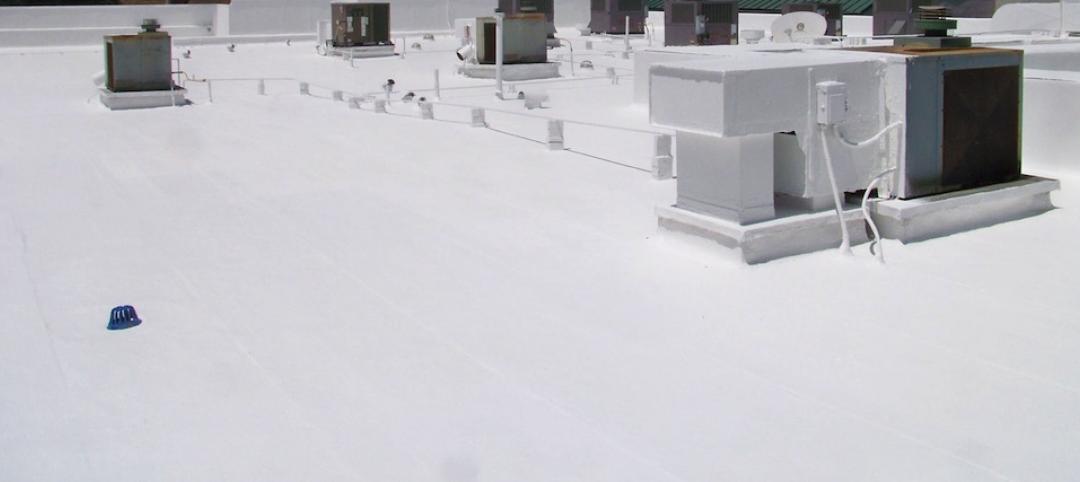While organizations such as the International Code Council set energy efficiency standards, in the U.S., state and local governments have the responsibility of adopting their own building codes.
This decentralized approach to code adoption means much of the work of reducing the carbon impact of buildings is occurring in statehouses and city halls. As a result, a growing group of clean energy and efficiency advocates are focusing on instituting local code amendments that improve on the model code.
In Minnesota, for instance, a coalition of cities and environmentalists are advocating for policy that would shift commercial buildings to net-zero by 2036. The New Buildings Institute (NBI) has submitted code proposals in that state to make new buildings electric-ready. NBI is also working on proposals for Wisconsin and Michigan.
New York, Seattle, and Massachusetts have strengthened building codes beyond the national standard, while lawmakers in nearly 20 states, including Wyoming, Iowa, and Colorado, have considered legislation that would prohibit bans on gas in new buildings. These developments indicate that the fight over energy efficiency code provisions is likely to heat up.
Related Stories
| Apr 24, 2013
New Mexico court strikes down move to repeal energy codes
The New Mexico State Court of Appeals struck down an attempt to repeal energy-efficient building codes.
| Apr 24, 2013
Los Angeles may add cool roofs to its building code
Los Angeles Mayor Antonio Villaraigosa wants cool roofs added to the city’s building code. He is also asking the Department of Water and Power (LADWP) to create incentives that make it financially attractive for homeowners to install cool roofs.
| Apr 17, 2013
Army's FY 2014 $130 billion budget includes $2.3 billion for construction
The U.S. Army submitted a $129.7 billion budget for fiscal year 2014, $2.3 billion of which is allocated for military construction, army family housing, and base realignment and closure.
| Apr 17, 2013
Leonardo Academy to develop sustainability master plan standard
Leonardo Academy launched the development of a standard for sustainability master plans using the American National Standards Institute (ANSI) process to define sustainability goals and achievements for regions, states and campuses.
| Apr 17, 2013
Fenestration Council allows some shading system, dynamic glazing to be rated for U-Factor
The National Fenestration Rating Council (NFRC) approved changes to its NFRC 100 and NFRC 200 standards, allowing certain shading devices to be rated for U-factor and Solar Heat Gain Coefficient.
| Apr 17, 2013
LEED 2009 quarterly interpretations, addenda now available
Quarterly interpretations and addenda to the LEED 2009 rating systems and reference guides are now available.
| Apr 17, 2013
DOE’s Lawrence Berkeley Lab researchers developing new indoor air pollution standards
The U.S. Department of Energy’s Lawrence Berkeley National Laboratory (Berkeley Lab) researchers are working on new building standards after discovering previously unknown indoor air pollutants.
| Apr 16, 2013
RMJM acquired by Duthus Investments for £12 million
Sir Fraser Morrison, the owner and chairman of architect RMJM, is the backer behind the investment firm that bought RMJM for £11m in late March.
| Apr 10, 2013
ASHRAE publishes second edition to HVAC manual for healthcare facilities
The American Society of Heating, Refrigerating and Air-Conditioning Engineers (ASHRAE) has published a second edition of its “HVAC Design Manual for Hospitals and Clinics.”
| Apr 10, 2013
Concrete Reinforcing Steel Institute accredited by ANSI as standards developer
The Concrete Reinforcing Steel Institute (CRSI) was recently accredited by the American National Standards Institute (ANSI) as an ANSI Accredited Standards Developer (ASD).









